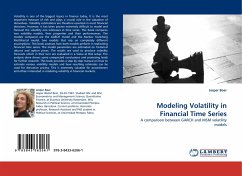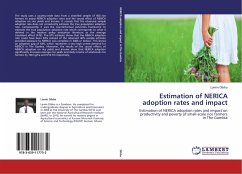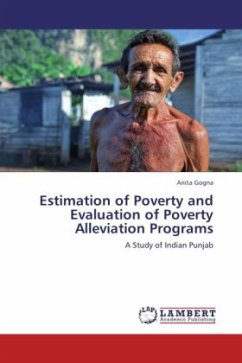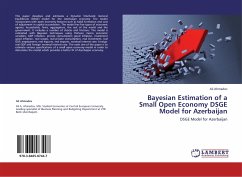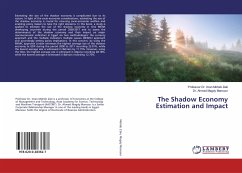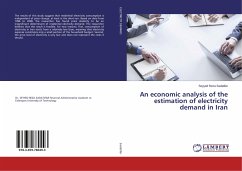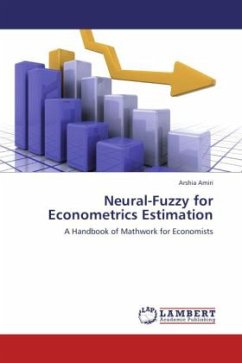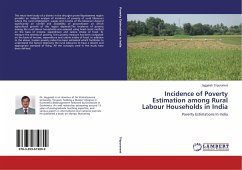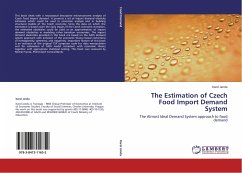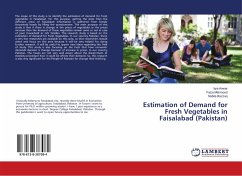
Range-based Volatility Estimation and Forecasting
Assessing new possibilities in daily volatility forecasting
Versandkostenfrei!
Versandfertig in 6-10 Tagen
32,99 €
inkl. MwSt.

PAYBACK Punkte
16 °P sammeln!
The work presented in this book views volatility modeling from the standpoint of a short term investor or speculator whose investment horizon does not exceed one trading day. A crucial question for such an investor is how large a move is to be expected once a position is open. For this purpose, predictions of different volatility measures provide different levels of usefulness. An above average standard deviation prediction indicates higher volatility, however it is difficult to assess the exact extent of future price movement, as there is no clear connection between standard deviation and ran...
The work presented in this book views volatility modeling from the standpoint of a short term investor or speculator whose investment horizon does not exceed one trading day. A crucial question for such an investor is how large a move is to be expected once a position is open. For this purpose, predictions of different volatility measures provide different levels of usefulness. An above average standard deviation prediction indicates higher volatility, however it is difficult to assess the exact extent of future price movement, as there is no clear connection between standard deviation and ranges (differences between highest and lowest daily prices). A proper prediction of the day's range is, however, helpful as it can be directly translated into profit targets, stop losses, etc., and thus can be used for the management of an open position. Specifically, in this thesis we use an array of different models to predict daily ranges. We investigate the information content of lagged intraday sessions (Asian, European, ...) and analyze the possibility of obtaining real-time updates of daily volatility forecasts with the arrival of new market information.



